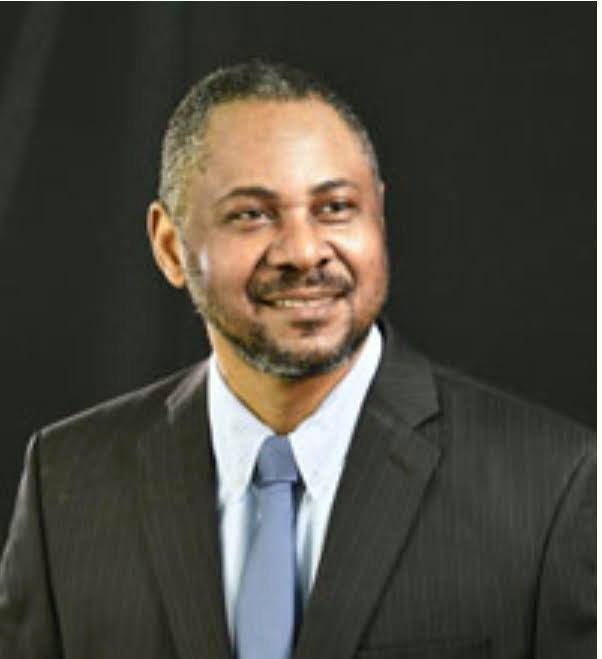Septembre 2022 : Victoire du peuple haitien!!! #tracktheoligarchs
Résultat de son combat pour la démocratie et de sa position de « refus collectif » face à l’assassinat du président Jovenel Moise, cette semaine, toutes les instances internationales reconnaissent qu’il existe en #Haiti une élite et des oligarques qui déstabilisent le pays.En jeu d’échec, on appelle cela « un coup forcé »; car, il n’est un secret pour personne que lesdits oligarques et élites corrompus sont de fidèles collaborateurs de la communauté internationale.
S’ils prospèrent en Haïti, c’est grâce à la bénédiction de la communauté internationale. D’ailleurs, toutes les ressources pillées par ces élites et oligarques corrompus sont bien gardées dans les banques et les grandes villes du Canada, des États-Unis, de la France et de l’Europe en général.
La mobilisation a produit l’effet positif de provoquer une prise de distance de la communauté internationale par rapport à ses chiens de garde. La mobilisation contre la cherté de la vie et le carburant annonce un soulèvement général qui oblige les interlocuteurs des oligarques et élites à couper les liens avec eux. Du moins, à les dénoncer publiquement.
Donc, après qu’un Conseiller à la Maison Blanche a accusé les oligarques haïtiens d’être à la base de la violence en Haiti, le Secrétaire Général de l’ONU et le Premier ministre du Canada, Justin Trudeau, confirme cette lecture de la situation en Haiti. Ils doivent passer aux actes en appliquant des sanctions contre ces oligarques.
On peut dire que la pression populaire a aiguisé les contradictions entre les oligarques et leur créature Ariel Henry.
C’est une grande victoire qu’il faudra célébrer un jour. La propagande des journalistes-transactionnels de Port-au-Prince n’a pas réussi à étouffer cette vérité.
Un grand merci à l’infatigable Stanley Lucas, défenseur de la vérité. Aujourd’hui, le peuple haïtien et les instances internationales ont pris conscience de la responsabilité de ces monstres déguisés en Hommes d’Affaires.
En Haïti comme au niveau international, on leur a assigné leur vrai nom : des « oligarques corrompus », « l’élite la plus répugnante. »
Désigner le mal par son vrai nom, est indispensable dans une campagne de libération.
Nous avons mis à nu leur manœuvre.
Pourtant tout est écrit dans le livre « Zombi File » de Max Kail, un ancien agent spécial de l’ONU en Haïti. Mais, il a fallu travailler cette vérité, malgré les obstructions et collusions des journalistes-transactionnels, pour qu’elle arrive à prendre sa forme actuelle dans toutes les instances internationales.
Le Roi est nu! Le peuple attend justice et réparation contre ces oligarques et élites corrompus. Il faudra profiter de ce consensus international pour récupérer les fonds volés par ces oligarques et élites corrompus. Une enquête sur la traçabilité des fonds alloués à Haïti, sur les surfacturations et les contrats acquis par corruption est nécessaire.
S’agit-il d’un signe avant coureur de l’accusation formelle des membres de ces élites et oligarques dans l’assassinat du président @MoiseJovenel?
Viktwa pou pèp Aysyen !
https://twitter.com/reseaucitadelle/status/1573505218871967744?s=20&t=L8KGHI3jhmSyKJ-KXdateQ
Cyrus Sibert, Cap-Haitien, Haiti
23 Septembre 2022
#LeReCit @ReseauCitadelle
WhatsApp : +509-3686-9669
reseaucitadelle@yahoo.fr
Suivez nous :
https://twitter.com/reseaucitadelle
https://www.facebook.com/reseaucitadelle
https://www.facebook.com/LeRecitHaiti/
https://reseaucitadelle.blogspot.com/






